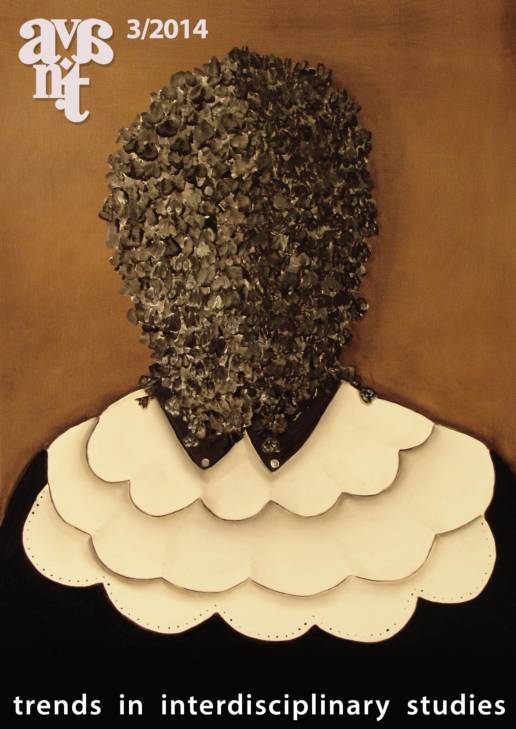Bayesian inference, predictive coding and delusions
Bayesian inference, predictive coding and delusions
Author(s): Rick A. Adams, Harriet R. Brown, Karl John FristonSubject(s): Cognitive Psychology, Neuropsychology, Clinical psychology
Published by: Ośrodek Badań Filozoficznych
Keywords: free energy; active inference; precision; sensory attenuation; illusions; psychosis; schizophrenia
Summary/Abstract: This paper considers psychotic symptoms in terms of false inferences or beliefs. It is based on the notion that the brain is an organ of inference that actively constructs hypotheses to explain or predict its sensations. This perspective provides a normative (Bayes optimal) account of action and perception that emphasises probabilistic representations; in particular, the confidence or precision of beliefs about the world. We consider sensory attenuation deficits, catatonia and delusions as various expressions of the same core pathology: namely, an aberrant encoding of precision in a predictive coding hierarchy. In predictive coding, precision is thought to be encoded by the postsynaptic gain of neurons reporting prediction error. This suggests that both pervasive trait abnormalities and florid failures of inference in the psychotic state can be linked to factors controlling postsynaptic gain—such as NMDA receptor function and (dopaminergic) neuromodulation. We illustrate these points using a biologically plausible simulation of attribution of agency—showing how a reduction in the precision of prior beliefs, relative to sensory evidence, can lead to false inference.
Journal: AVANT. Pismo Awangardy Filozoficzno-Naukowej
- Issue Year: 2014
- Issue No: 3
- Page Range: 51-88
- Page Count: 38
- Language: English

